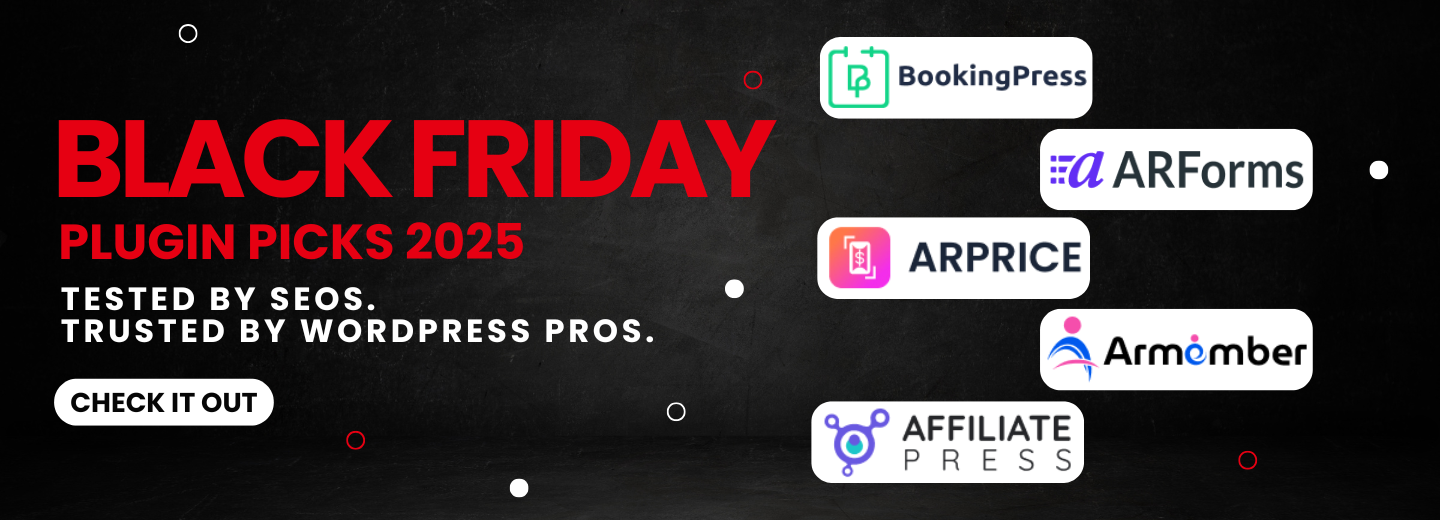In a dramatic turn of events, WordPress founder Matt Mullenweg has announced that WordPress is taking control of the ACF plugin (Advanced Custom Fields), developed by WP Engine. This move, which involves forking the plugin and renaming it Secure Custom Fields (SCF), marks a significant escalation in the ongoing dispute between WordPress and WP Engine.
The Significance of ACF Plugin in the WordPress Ecosystem
The ACF plugin, which simplifies the process of customizing WordPress edit screens, has been a staple for many users. For years, it has empowered developers to create highly tailored content management experiences without diving into complex coding. The plugin’s ability to add custom fields to WordPress posts and pages has made it indispensable for building dynamic websites and managing intricate data structures.
Mullenweg stated that the decision to fork the plugin was necessary to remove commercial upsells and address a security issue. This move has been met with strong opposition from the ACF team, who described it as an unprecedented and unilateral action that took away their plugin without consent.
The Backdrop of WordPress and WP Engine Rivalry

The conflict between WordPress and WP Engine has been brewing for some time, with both parties engaging in legal battles and public disputes. WP Engine, known for its managed WordPress hosting services, has been at the forefront of innovation, but has also been criticized for its commercial approach. Mullenweg’s decision to take control of the ACF plugin is seen as a bold move to assert WordPress’s authority and ensure the plugin’s integrity. The ACF team, however, has expressed dismay over the situation, highlighting that the plugin was under active development and had already received security updates from WP Engine.
Community Reactions and Ethical Concerns
This development has raised questions about the ethics and control within the WordPress ecosystem. The WordPress community, known for its open-source collaboration and community-driven approach, is now grappling with the implications of this conflict. Some users are concerned about the potential impact on the plugin’s functionality and the precedent it sets for future disputes. There are debates about whether Mullenweg’s actions were a necessary intervention or an overreach of power, reflecting broader tensions in the management of open-source projects.
Despite the controversy, Mullenweg has emphasized that this move was necessary to protect the interests of WordPress users and maintain the security and integrity of the platform. The creation of SCF aims to provide a secure and streamlined experience for users, free from commercial upsells. Mullenweg reassured the community that the forked version would continue to receive robust support and development to meet the evolving needs of WordPress users.
The Broader Implications for Developers and Businesses
For developers and businesses relying on the ACF plugin, this shift represents both a challenge and an opportunity. On one hand, there is uncertainty about the transition and potential disruptions to existing projects. On the other hand, SCF promises a cleaner, more secure version of the beloved plugin, potentially improving workflows and enhancing site security.
Businesses that have integrated ACF into their operations will need to stay informed about updates and support channels for SCF. It’s crucial for them to assess the impact of these changes on their websites and make necessary adjustments to ensure smooth continuity. Developers should familiarize themselves with the new plugin, exploring its features and capabilities to leverage its full potential.
Future Prospects and Community Dynamics
As the situation continues to unfold, the WordPress community is closely watching the developments and weighing the implications of this bold move. The outcome of this conflict will likely have lasting effects on the dynamics of the WordPress ecosystem and the relationship between its key players. It serves as a reminder of the complexities and challenges inherent in managing a vast, collaborative project like WordPress.
In the meantime, users of the ACF plugin are advised to stay informed and consider the potential changes that may come with the transition to SCF. The WordPress team has assured users that they are committed to maintaining the plugin’s functionality and security, but the road ahead remains uncertain. The community’s response and adaptation to these changes will shape the future of WordPress and its ecosystem.















